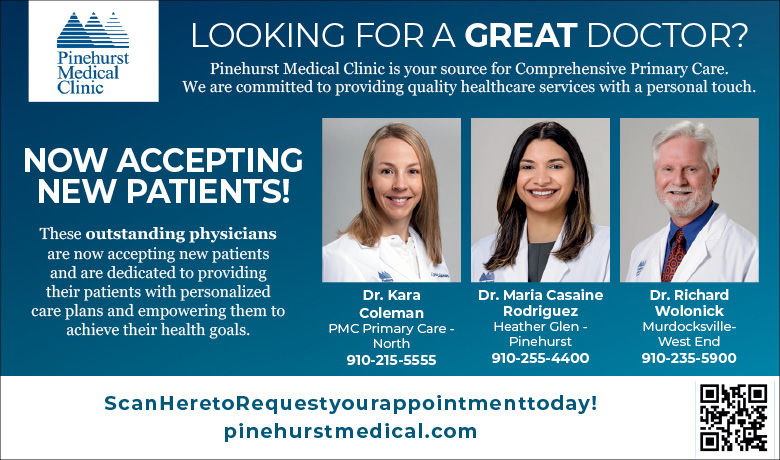A group of FirstHealth volunteers transitioned from toy making to mask making in support of hospital staff during COVID-19. Within two weeks, community volunteers made more than 1,700 masks to ensure health care workers have sufficient personal protective equipment (PPE) to prevent infection and spread. Paul Jawanda, M.D., FirstHealth infectious diseases physician, said most standard surgical masks do not effectively filter small particles from the air like a N95 mask, which is why a steady supply is vital right now.
“An N95 mask filters out 95 percent of particles suspended in the air,” he said. “They are designed to seal against the face so that all inhaled air goes through the mask rather than around it. With a surgical mask, much of the inhaled air goes around the mask rather than through it.”
Dan Barnes, D.O., added that N95 masks offer greater levels of protection from aerosolized virus. Although COVID-19 is primarily transmitted through droplets, certain procedures can cause droplets to become aerosolized, he said.
With their sewing talent and experience crafting stuffed toys for young patients, toymaker volunteers were natural fits for the mask-making job. Linda Stooksbury, a toymaker volunteer of four years, said she was more than happy to help. She goes to the Moore Regional about once a week to get additional materials and drop off completed masks.
“Making these masks is a very important thing that’s kind of in the background, people don’t really see it, but it’s needed,” Stooksbury said. “It’s very uplifting and dear to my heart. I like sewing and I love giving back, so feeling like I can actively support the people working in hospitals is absolutely helping with the uncertainty caused by COVID- 19.”
All volunteers are able to pick up the necessary supplies from Moore Regional and work on the masks from home. Members of the Sandhills Quilters Guild, Christ Community Church and groups from Pinewild and Donald Ross neighborhood are also getting involved, along with individual at-home volunteers.
“It’s been a great team effort,” Dr. Barnes said. “We decided this would be a big advantage to the system to have the masks made. Our volunteers really want to help during this crisis.”
Cindy Strother, administrative director of FirstHealth Guest Services, said additional N95 masks will be an ongoing need of the hospital for the foreseeable future, and anyone interested in participating is encouraged to contact her.
Strother added that other protection supplies are still required for optimal safety. “If people have been making cloth masks and want to continue to do that, it is absolutely needed,” she said.
As of April 17, FirstHealth has distributed materials for more than 2,000 masks and anticipates an increase in donated N95 masks in the coming weeks. Dr. Jawanda said the volunteers’ commitment has been a significant help in the fight against COVID-19.
“FirstHealth’s response to COVID-19 has required extensive teamwork, as well as creative thinking to troubleshoot and ensure staff safety,” he said. “The community has also provided significant support, as evidenced by those donating time, money and supplies. We are grateful for this.”
Individuals or groups interested in volunteering can contact the Volunteer Services department at one of the numbers listed below for more information. Mask materials can be provided curbside, to maintain social distancing.












